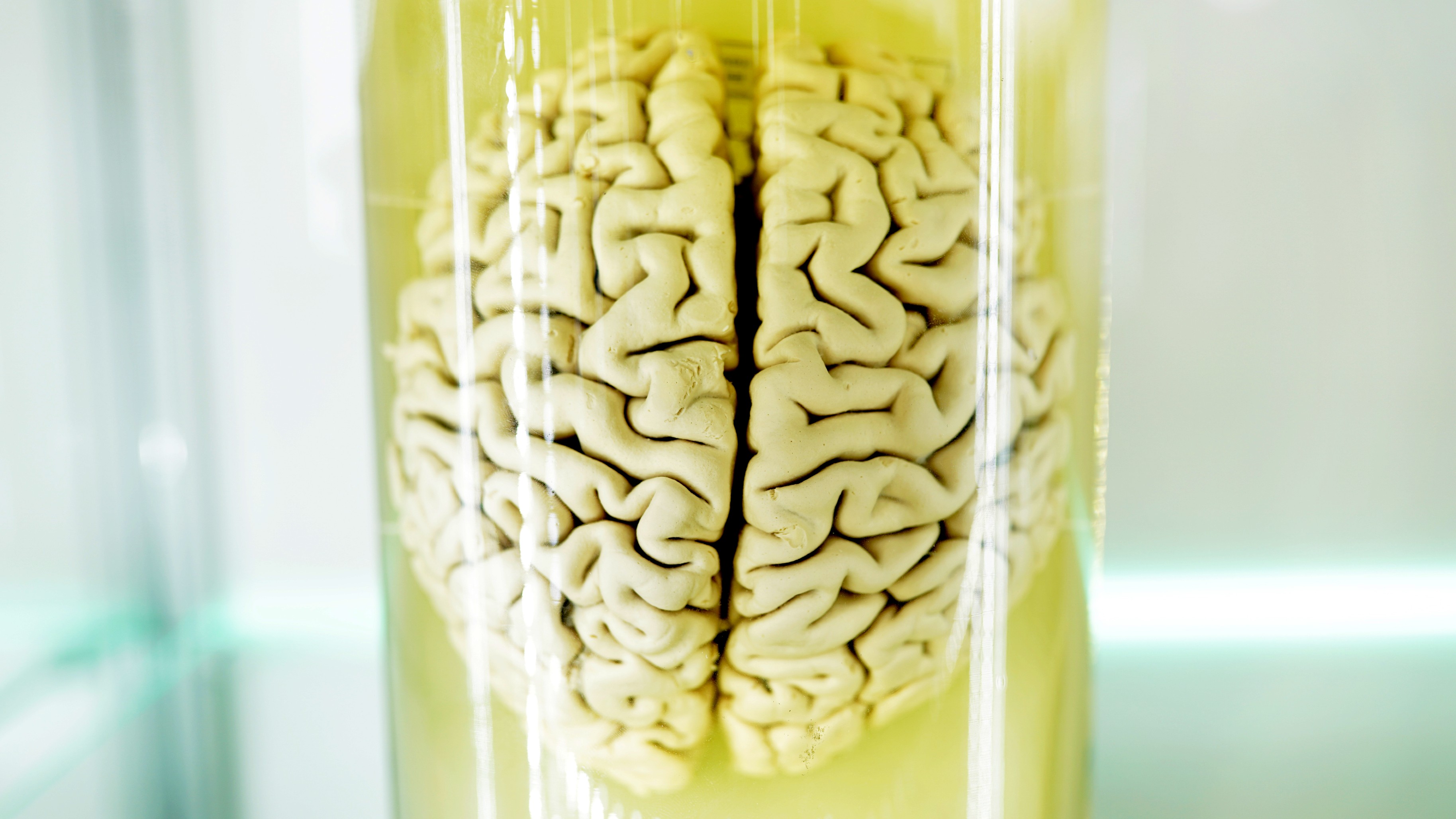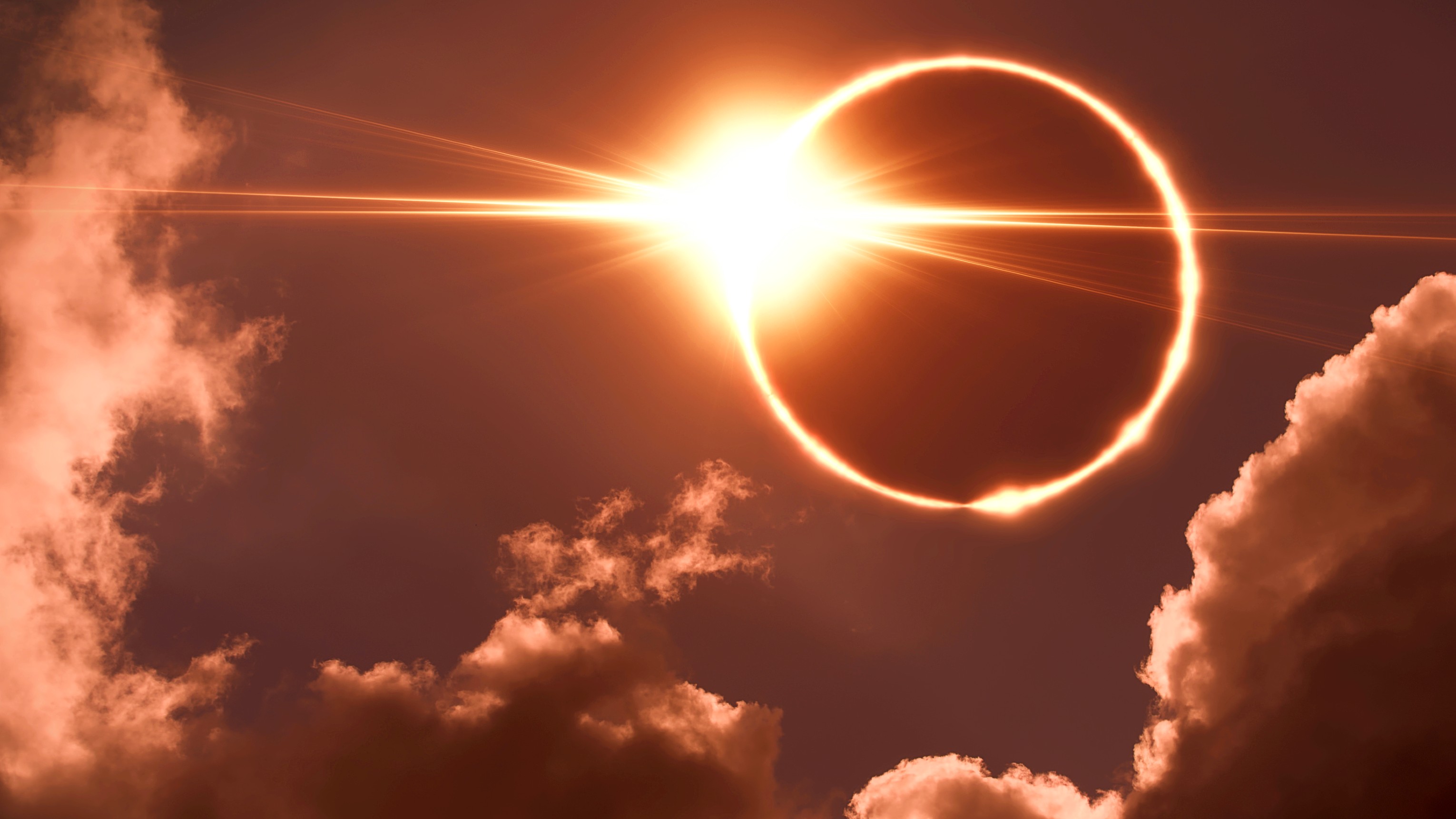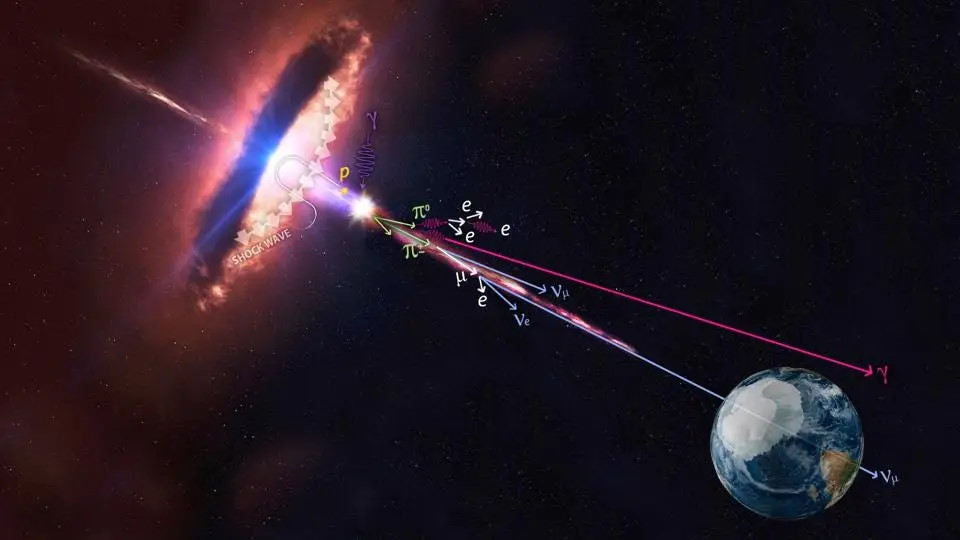Teaching administrators about Wikipedia
[cross-linked at the TechLearning blog]
Last year a middle school librarian in New Jersey received a lot of media attention for her anti-Wikipedia campaign:
Linda O’Connor regards Wikipedia the same way former first lady Nancy Reagan campaigned against drugs. . . . She put up a sign saying “Just Say No to Wikipedia” over the computers in the school library. . . . Wikipedia is blocked on all computers in the Warren Hills Regional School District.
At the time I said that I was highly skeptical about this librarian’s stance. On any given day, approximately 1 in 10 Internet users visits Wikipedia. This fact alone should indicate that there’s something going on worth paying attention to, something that warrants a more nuanced approach than simply prohibiting access. If it was terrible, it wouldn’t maintain its audience. Folks who take the time to understand Wikipedia learn very quickly that it’s actually an amazing site. It’s already 8 times larger than the Encyclopedia Brittanica, is growing incredibly quickly, and has been created entirely by volunteers. Peer-reviewed studies published in our top scientific journals have shown that it is as accurate as the Brittanica too, particularly those articles that reside in its mainstream core (rather than at the fringes).
If all of this is true, then why are so many educators, librarians, and media specialists upset about Wikipedia? I think the concerns stem from several different sources. One is their beliefs about accuracy. We tend to assume that print materials such as the Brittanica and school textbooks are error-free when in actuality they contain numerous mistakes. Even when identified, these mistakes usually linger until the next edition is printed and purchased (unlike Wikipedia which corrects known mistakes almost instantly). Second, the idea that volunteers can create something as valuable as that created by experts strikes us as ludicrous. But in this case it happens to be true. Sure, at any given second, some vandal or incompetent may have inserted something inaccurate into a particular article. But over time (and often unbelievably quickly), Wikipedia is remarkably self-healing, unlike the paper materials on our bookshelves. Wikipedia also is a counter to outdated information. How many of the reference books in libraries and school media centers contain incomplete or inaccurate information simply because they’re old? Wikipedia doesn’t have that problem.
Our students deserve better training about how to navigate our new, complex, online information landscape. They don’t learn about information literacy, bias, media literacy, assessment of online validity, and other critical online skills by being denied access to that information. They don’t learn how to cite and use online resources appropriately if they can’t use those resources and learn from their mistakes because the materials are banned.
If you take half an hour to show administrators these things, their mindset changes. I like to have school leaders visit some Wikipedia pages with me. I start by showing them the asphalt article. After we look at the article itself, I show them the history tab (and take them all the way back to the first few revisions) and then the discussion tab. We talk about what we see and what their perceptions are regarding accuracy, quality, and neutrality. Then I put them into groups to check out more controversial articles like Sarah Palin, Islam, Vladimir Putin, or Pluto. They examine the articles for bias and inaccuracy and spend some time in the history and discussion areas.
The administrators inevitably walk away with a deeper understanding of Wikipedia and a greater appreciation for the safeguards that have evolved to protect against abuse and inaccuracy. Many of them also begin to see the site as an excellent lens for teaching students about how, as a society, we construct knowledge, negotiate meaning, and develop collective understanding. Some even begin to think about how their students might be able to serve as Wikipedia contributors. In the end, that richer understanding may be more valuable than the content of the articles themselves.
How are you using Wikipedia to teach information literacy and critical thinking?




